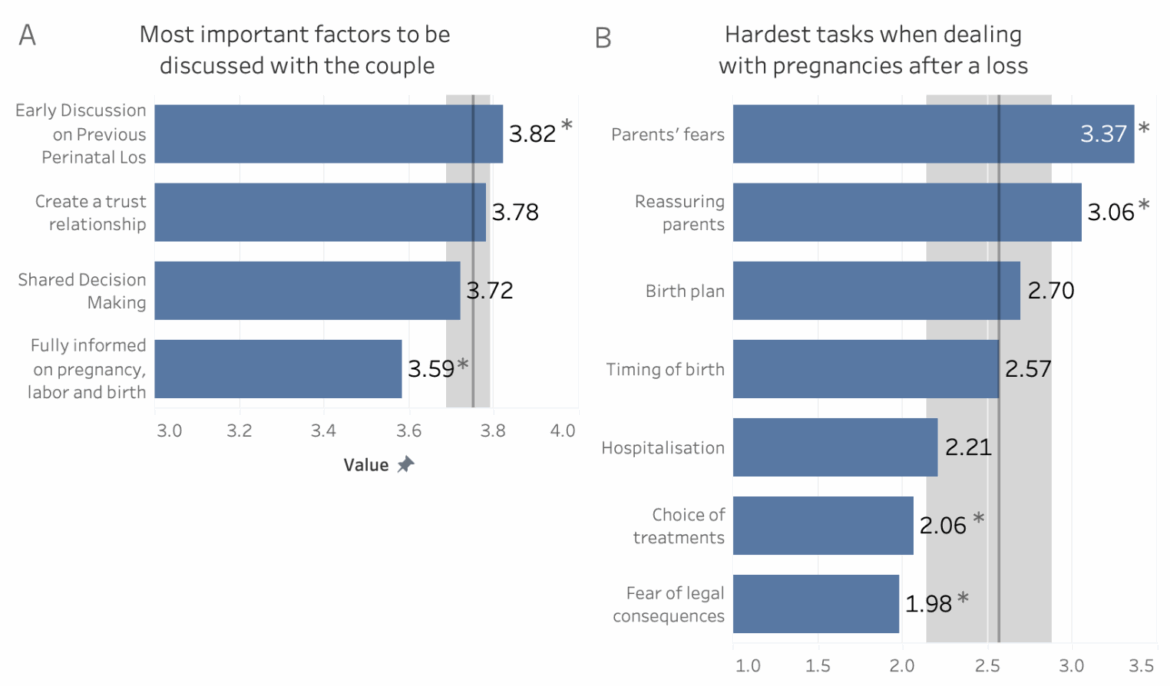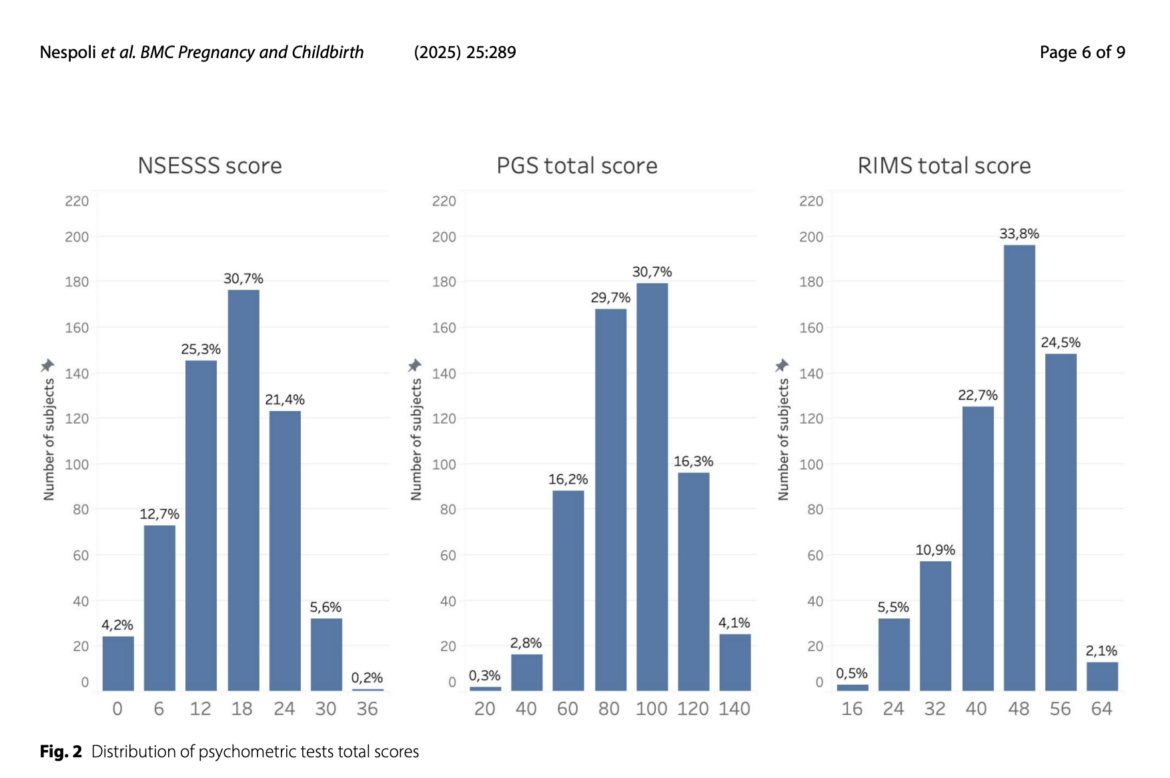A pregnancy following a perinatal death is never “just another pregnancy.” It is a complex journey in which intense emotions – grief, fear, hope – and specific clinical needs are intertwined. Caring for these pregnancies requires attention, continuity, technical expertise and communication sensitivity.
Our new study, UNSURENESS (sUpportiNg subSeqUent pREgnaNcy after pErinatal loSS), published in Journal of Clinical Medicine, investigates how Italian health care providers deal with this challenge.
Why this study
Every year, hundreds of families in Italy experience a perinatal death. More than half undertake a new pregnancy within a year. In this context, the role of health professionals is crucial: accompanying parents means not only providing clinical oversight, but also recognizing and welcoming grief, building trust, fostering shared decision-making, and supporting psychological well-being.
Despite the existence of recommendations from scientific societies, Italy lacks binding national guidelines and structured pathways. The UNSURENESS Study was created to take a snapshot of the current situation and identify the main training and organizational needs.
How it was conducted
We conducted a national online survey (August 2023-February 2024) targeting health care providers dealing with pregnancy following perinatal bereavement.
Two hundred female professionals, mostly midwives, from all over Italy participated. The questionnaire explored professional experience, training received, communication approaches, and clinical management criteria.
What we found
- Insufficient training: only one-third of the participants had received specific training on how to assist these pregnancies.
- Priority aspects: addressing previous loss with parents, establishing a trusting relationship, sharing clinical decisions, and providing complete information.
- Major challenges: managing parents’ fears and offering appropriate reassurance.
- Decision criteria: continuity of care and respect for parental preferences were found to be more influential than guidelines or scientific evidence.
- Multidisciplinary collaboration: widespread, but with still uneven integration of psychological support into care pathways.
Why it is important
It is clear from our survey that there is a need:
- Structured, trauma-informed training for all professionals involved;
- National guidelines to ensure uniformity and quality of care;
- Stable integration of psychological support in all care settings;
- Continuity of care pathways that accompany the family from pre-conception to postpartum.
Investing in these areas means reducing the risk of new trauma, improving the caregiving experience, and contributing to the long-term well-being of parents and children.
📄 Read the full article (Open Access): Management of Subsequent Pregnancy After Perinatal Death: Results from the UNSURENESS Study


